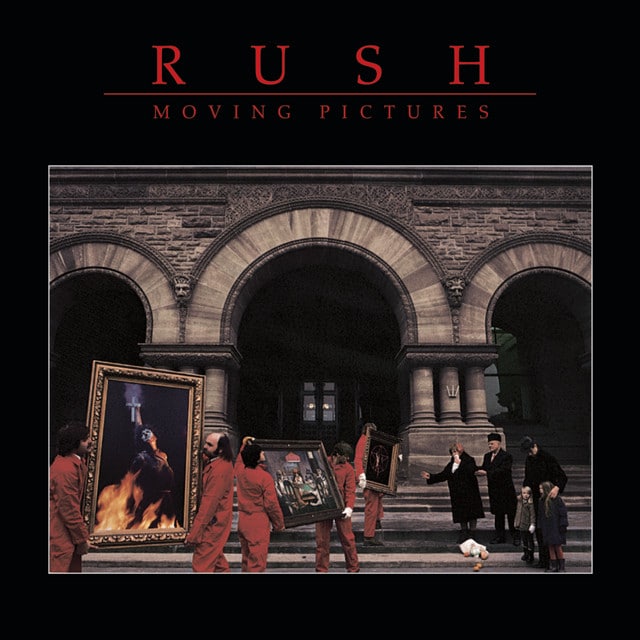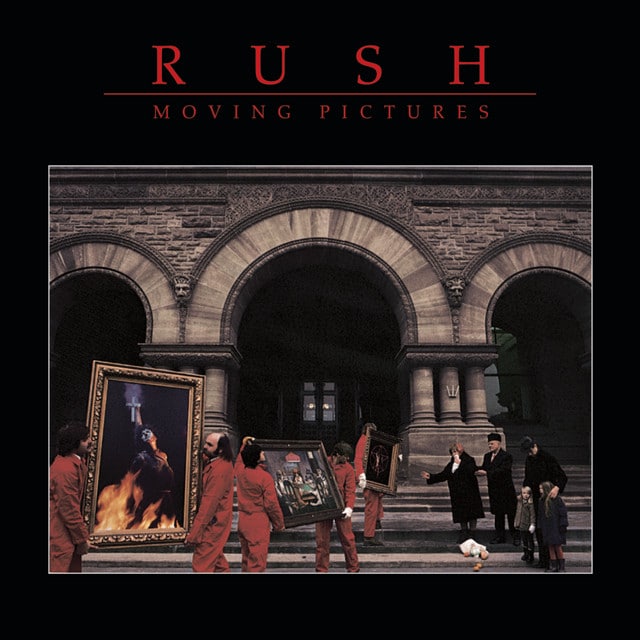Released: 1981
“Limelight” by Rush delves into the psyche of an individual thrust into the unforgiving spotlight of fame, exploring the dichotomy between public perception and personal reality. It captures the struggle of maintaining authenticity in the face of societal expectations, and the alienation that often accompanies life under scrutiny. This song isn’t just a catchy tune; it’s a profound narrative on the human condition when cast into the ‘limelight’ and how that affects one’s sense of self and reality.
The opening lines, “Living on a lighted stage / Approaches the unreal / For those who think and feel / In touch with some reality beyond the gilded cage,” immediately introduce the listener to the core theme: the surreal experience of living a public life. The “lighted stage” is a metaphor for the public eye, suggesting that the attention and scrutiny experienced by someone in the limelight can distort reality. The mention of a “gilded cage” suggests a superficially attractive but confining and restrictive environment, highlighting the limitations and lack of privacy that accompany fame.
“Cast in this unlikely role / Ill-equipped to act / With insufficient tact / One must put up barriers to keep oneself intact” speaks to the personal struggle of navigating fame. The individual feels like an imposter (“unlikely role”) and acknowledges their lack of readiness (“Ill-equipped to act”) for the celebrity that has come their way. The need to erect emotional “barriers” to protect one’s psyche underscores the intense personal toll that public life can exact.
The chorus, “Living in the limelight, the universal dream / For those who wish to seem / Those who wish to be, must put aside the alienation / Get on with the fascination / The real relation, the underlying theme,” is a nuanced take on the allure and pitfalls of fame. The “universal dream” refers to the widespread desire for recognition and adulation, but the song cautions that aspiring for such visibility (“for those who wish to seem”) requires confronting the feelings of isolation (“alienation”) it engenders. It suggests that embracing the inherent fascination of life and connecting with “the real relation” or the truth of human experience is essential to navigate the complexities of public life.
“Living in a fisheye lens / Caught in the camera eye / I have no heart to lie / I can’t pretend a stranger is a long-awaited friend” vividly describes the intense scrutiny famous individuals face, likened to being constantly observed through a distorted, revealing “fisheye lens.” This line conveys the discomfort and dissonance of having to engage with the public and media in ways that feel inauthentic.
Finally, “All the world’s indeed a stage / We are merely players / Performers and portrayers / Each another’s audience outside the gilded cage” references Shakespeare’s famous notion from “As You Like It,” suggesting that life, much like theater, involves playing various roles. This analogy extends beyond the realm of celebrity to comment on the human condition more broadly, indicating that we all perform to some extent in our social interactions, yet long for genuine connections beyond superficial performances.
Through “Limelight,” Rush eloquently articulates the inner conflict and contemplation spurred by fame, advocating for a balance between embracing the opportunities it presents while staying grounded in one’s true self and reality. It’s a powerful reminder of the importance of authenticity in a world that often prizes appearance over substance.








